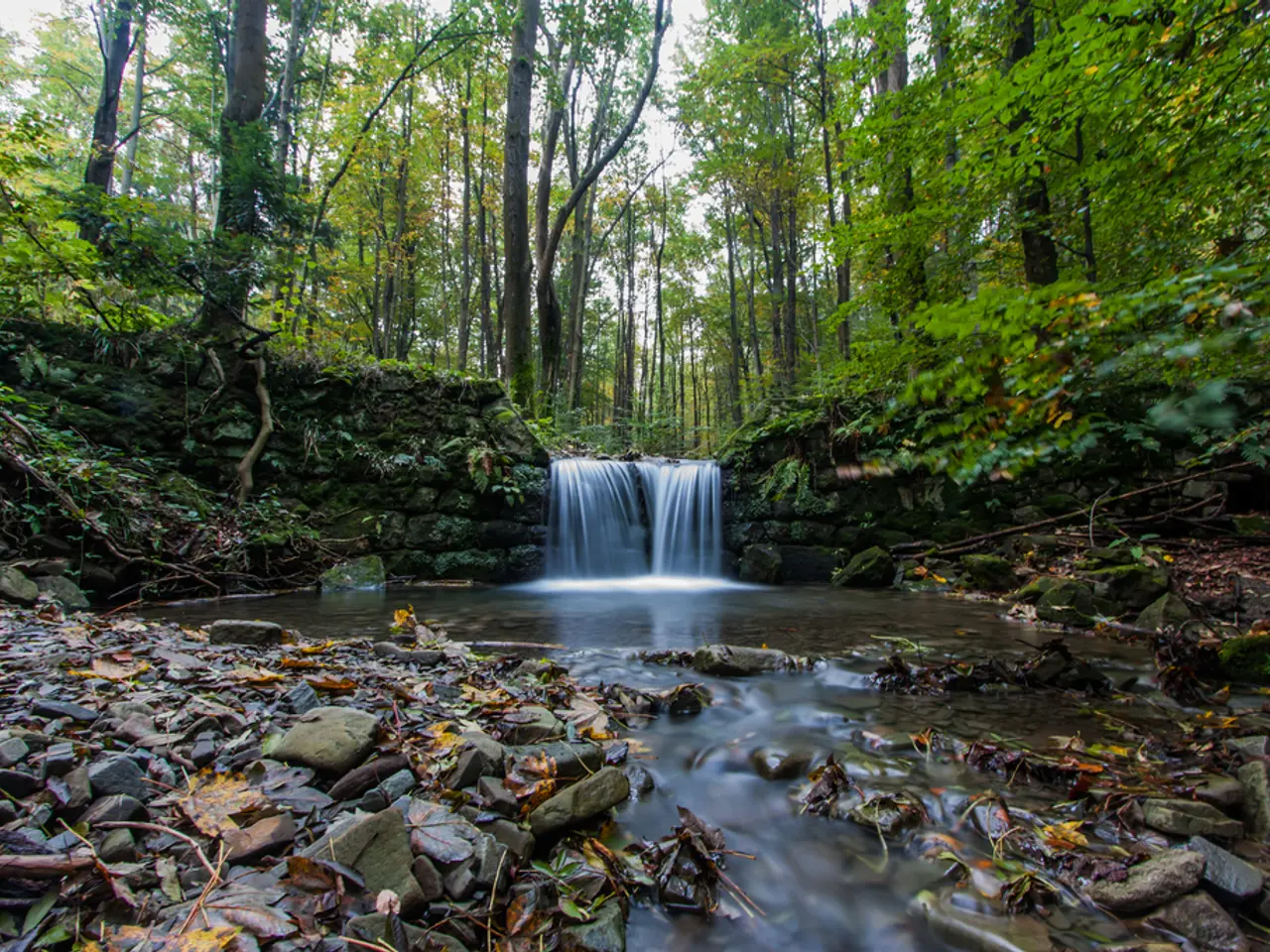EPA's Pacific Southwest Region 9's Water Act Programs and Funding for Tribal Communities
The Environmental Protection Agency (EPA) is working closely with federally recognised Tribes in Region 9 to improve wetland management and water quality. Here's a rundown of the key programs and resources available.
The Core Elements of an Effective State and Tribal Wetlands Program Framework (CEF) outlines the core elements, actions, and activities for a comprehensive wetland program. This framework is crucial in guiding the efforts of Tribes in managing their wetlands effectively.
One of the primary funding sources for these initiatives is the Clean Water Act Section §106 Water Pollution Control Grants. Typically, funding ranges between $40,000 and $200,000, with first-time applicants receiving grants for $40,000. For more substantial projects, EPA typically awards between $50,000 to $350,000 per project grant.
The Clean Water Act Tribal Set-Aside Program Wastewater Infrastructure Grants is another significant resource. The objective of this program is to assist Tribes in developing and implementing wastewater infrastructure projects. Eligible activities include interceptor sewers, wastewater treatment facilities, and on-site systems, among others.
The Tribal Set-Aside Program's average award amount for individual projects is $300,000, with amounts ranging from less than $20,000 to over $1 million. Notably, no matching funds are required. EPA Region 9 funds more than 30 wastewater projects each year, with approximately $10 million allocated for the Tribal Set-Aside Program.
Another key program is the Nonpoint Source (NPS) Pollution Control Program. Its purpose is to assist Tribes in developing and implementing polluted runoff control programs that address critical water quality concerns at a watershed level.
In addition to these programs, the EPA provides various resources for tribal consultation, such as the EPA Region 9 Water Division Tribal Consultation SOP and Tribal Consultation in EPA's Pacific Southwest. The handbook 'Financial Assistance Eligibility Handbook for Tribal CWA Programs in the Pacific Southwest' is designed to assist Indian Tribes in preparing applications for financial assistance eligibility for Clean Water Act Water Quality Planning and Protection Programs.
The Clean Water Act aims to restore and maintain the chemical, physical, and biological integrity of the Nation's waters. To this end, the EPA is committed to increasing the quantity and quality of wetlands in the U.S.
Other resources specific to EPA Region 9 include the Clean Water Act Tribal Set-Aside Grant Program, the Clean Water Indian Set-Aside Grant Program, and the EPA Water Infrastructure and Resiliency Finance Center.
For more information on these programs and resources, the Region 9 Tribal Water Section provides fact sheets for grant programs, and a Regional Tribal Operations Committee (RTOC) meeting is scheduled for October 21, 2025, in EPA's Pacific Southwest.
The Clean Water Act Section 319 Nonpoint Source Pollution Control Program Grants also offer funding for Tribes. Eligible activities for this program include road stabilization/removal, riparian planting, stream channel reconstruction, and NPS education and outreach. Federally recognised tribes that address nonpoint source pollution issues within their jurisdictions are typically eligible for up to $125,000 in EPA financial assistance under this program in fiscal year 2026.
In conclusion, the EPA is providing various resources and programs to help Tribes in Region 9 improve their wetland management and water quality. These initiatives demonstrate the EPA's commitment to working closely with Tribes to protect and preserve the Nation's waters.
Read also:
- Deepwater Horizon Oil Spill: BP Faces Record-Breaking Settlement - Dubbed 'Largest Environmental Fine Ever Imposed'
- Fossil fuels remain the primary energy source for heating in Baden-Württemberg
- Expansion of railway systems, implementation of catenary systems, and combating fires: SNCF adapting to the summer heatwave
- Citizen Thekla Walker, Minister, advises: "Let's focus on our own homes first"








